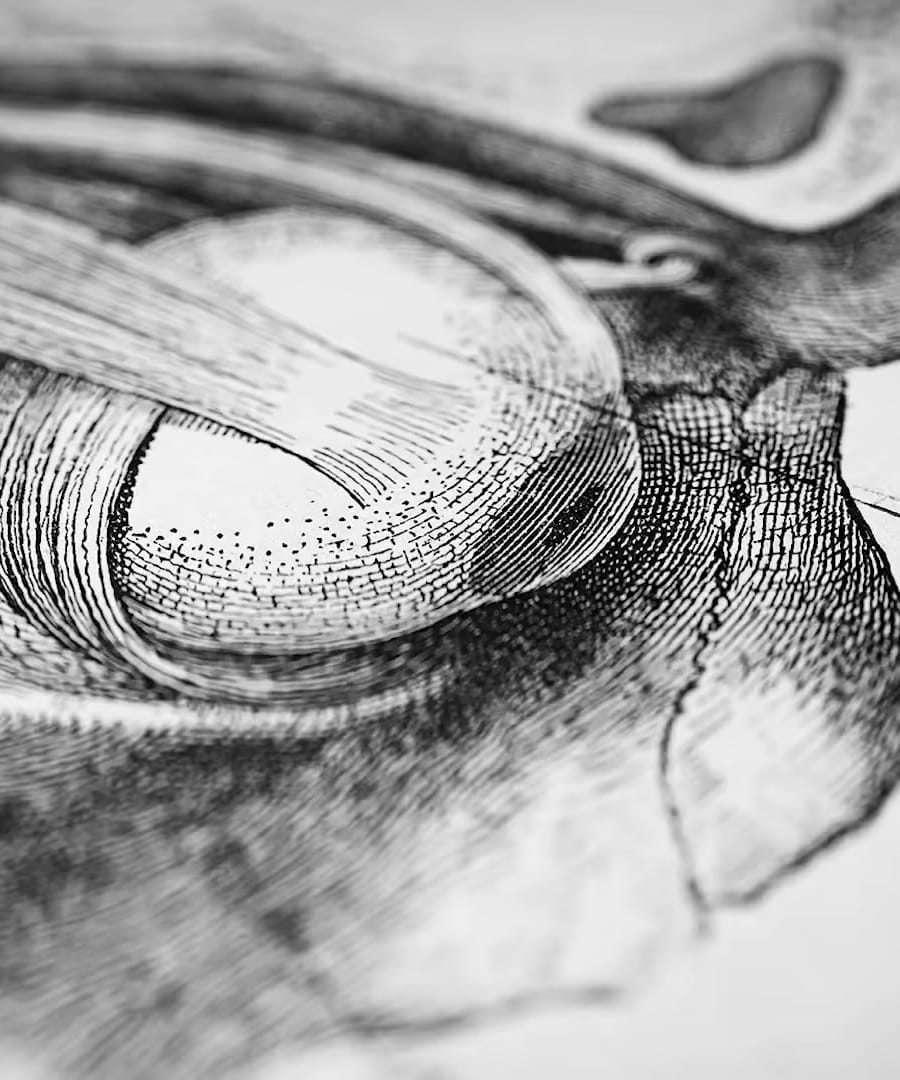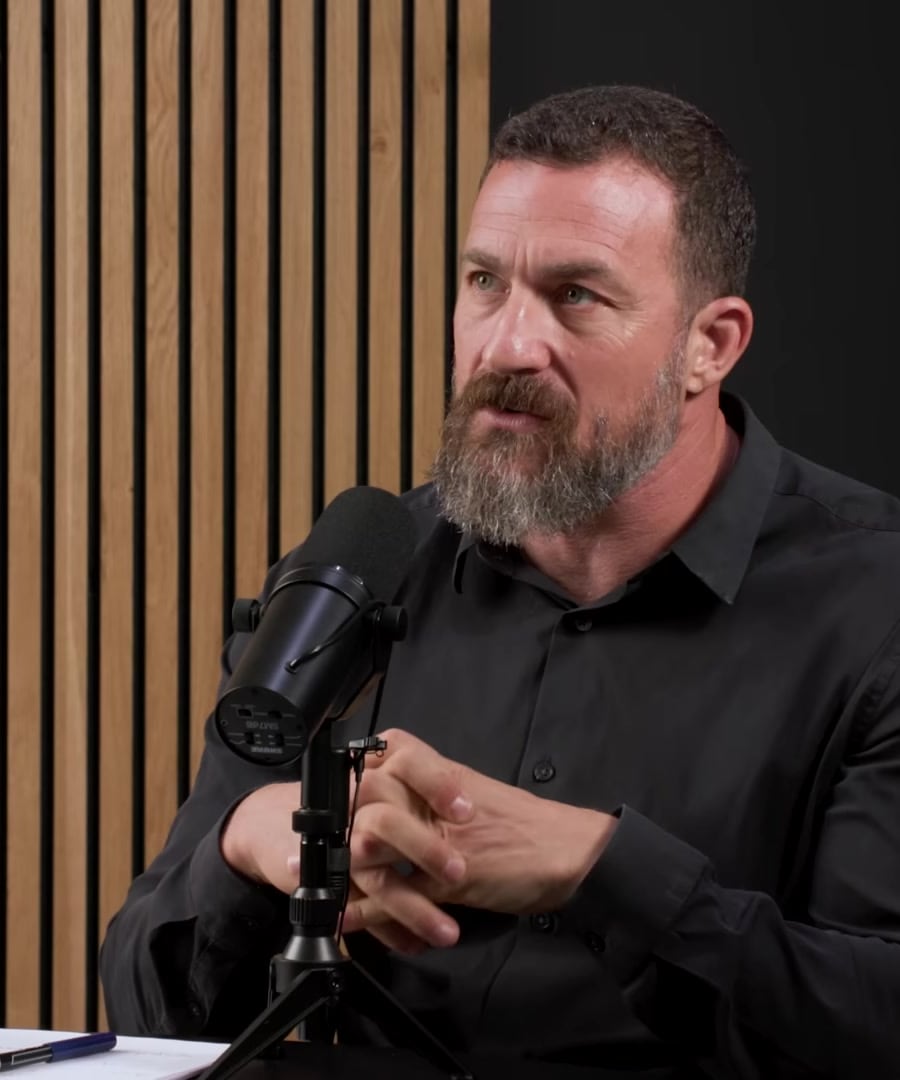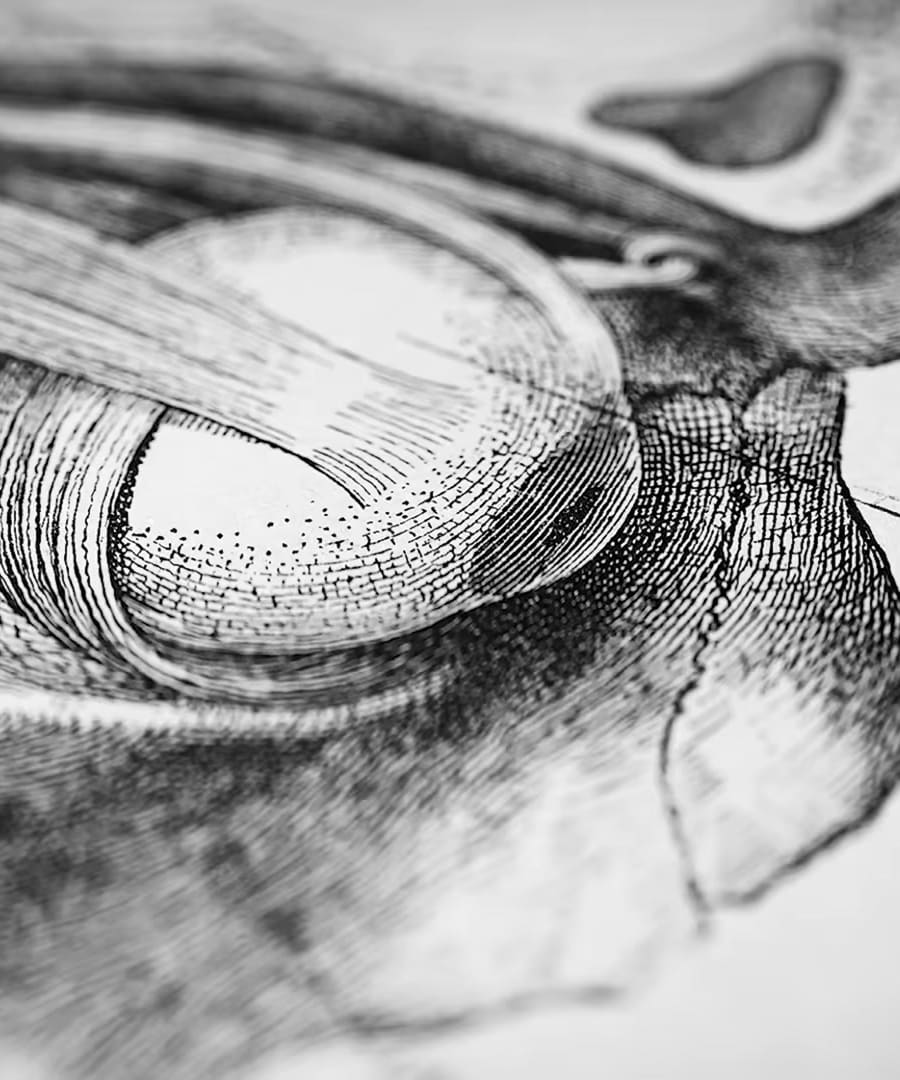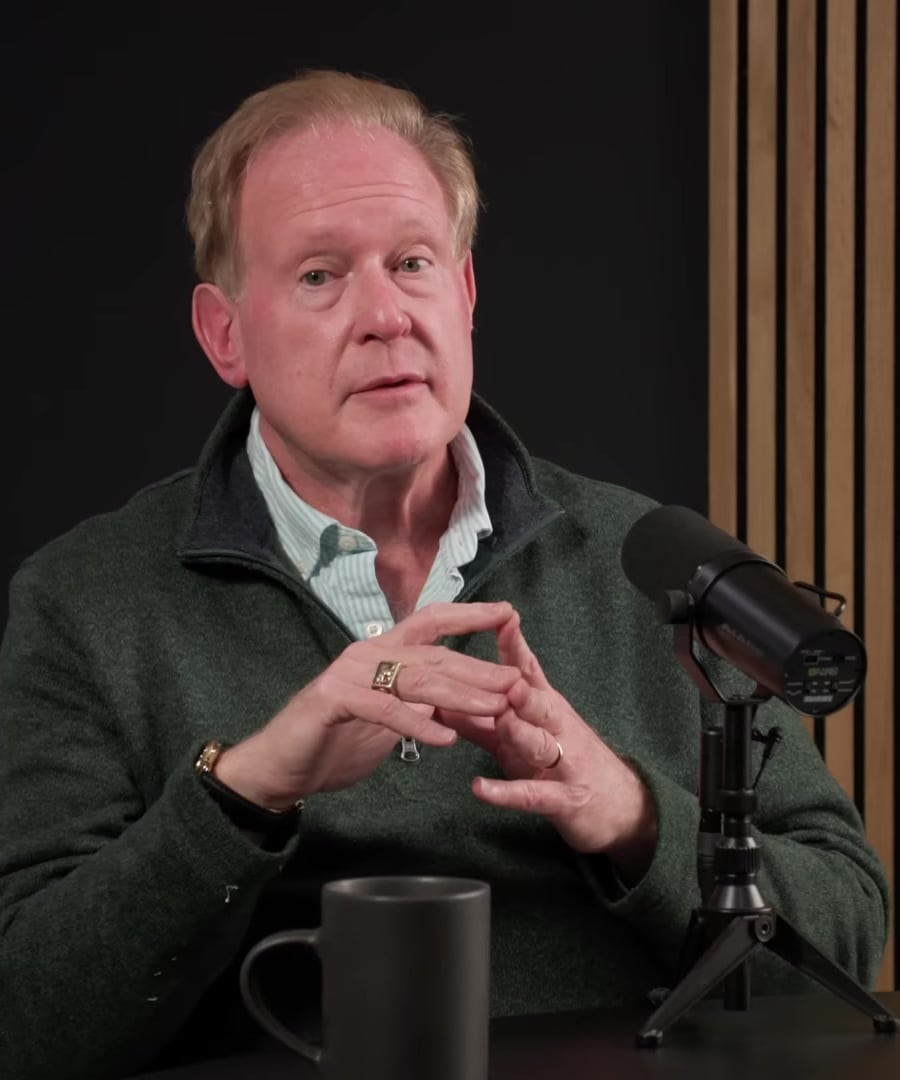what's the effect of xylitol on our gut-microbiom?
Sources:
Xylitol has been discussed for its potential benefits on the microbiome. mentioned that xylitol can improve the overall microbiome, including the gut microbiome, since the oral and gut microbiomes are connected. There is some evidence that xylitol has positive effects on different niches within the microbiome. However, the research on xylitol's impact on the gut microbiome is not as well-established as the research regarding its ability to prevent cavities by inhibiting the growth of Streptococcus mutans 1.
Regarding the safety of xylitol, Dr. Huberman noted that, when consumed in moderate amounts and not in excess, xylitol likely does not produce specific side effects. He suggests starting slowly if incorporating xylitol gum or mints into one's routine, rather than consuming large amounts at once 1. It's important to consult healthcare professionals regarding any dietary changes, especially when incorporating new substances like xylitol.
RELATED QUESTIONSCan you share more scientific research on the effect of xylitol on the gut microbiome?
Sources:
The has discussed the effects of sweeteners like xylitol on the oral and gut microbiomes. noted that xylitol could support the oral microbiome, which is connected to the gut microbiome. He also mentioned there is evidence, albeit less substantiated, that xylitol has positive benefits for various niches within the microbiome. However, the conversation did not present an extensive review of scientific research specifically focusing on the gut microbiome's response to xylitol 1.
When it comes to the effects of sweeteners on the microbiome, the also addressed the broader topic of artificial sweeteners. For instance, mentioned a study examining the negative effects of saccharine, a particular artificial sweetener, on the gut microbiome, highlighting how it disrupted the microbiome and increased inflammatory markers 2. He noted that the data on artificial sweeteners and the gut microbiome are somewhat controversial and that most discussions on this topic are based on animal studies, emphasizing the need for more research in humans 3.
The discussions suggest that while some artificial sweeteners may have negative impacts on the gut microbiome, others, including potentially xylitol, could confer benefits. Nonetheless, the scientific research exploring xylitol's specific effects on the gut microbiome was not elaborated in great detail on the podcast, suggesting that the topic may be an emerging area of research or that it has not been a central focus in the available episodes.
RELATED QUESTIONSWhat does the research say about erythritol?
Sources:
In discussing artificial sweeteners, has touched on the topic of how these substances, which include erythritol, might impact blood sugar regulation both acutely and in terms of long-term changes caused by consumption with other foods like glucose. Additionally, there is mention of the gut microbiome's response to artificial sweeteners, which is a key area of interest due to its broad health implications 1.
Upon review, expressed that he had shifted his perspective on artificial sweeteners and now does not see an issue with consuming them based on the evidence at his disposal at the time. This perspective was shaped by a network meta-analysis indicating that replacing sugar-sweetened beverages with artificially sweetened ones can result in health improvements, such as better markers of adiposity and glycemic control. This implies a positive view of using erythritol as an alternative to sugary substances, although the specific impacts of erythritol were not delved into in detail 1.
However, it should be noted that the detailed effects of erythritol on the gut microbiome or other health outcomes were not described in this context. The views shared are based on the general understanding of the benefits of substituting sugar with non-nutritive sweeteners, with acknowledgment that erythritol is among such sweeteners that can be used in this regard.
RELATED QUESTIONSwho's the person Andrew interviewed that talked mostly about sugar and its downsides?
Sources:
The person interviewed who discussed sugar and its downsides is himself. On his podcast , Dr. Huberman shared an episode specifically focused on understanding the impact of sugar on the brain and body, proper sugar intake, and more about sugar's influence on health and food choices 1. He elaborated on the neural mechanisms that make sugar particularly reinforcing and the impacts, both conscious and unconscious, that sugar has on our food cravings and overall health.
Please note that while Dr. Huberman often interviews experts on various topics, in this instance, the detailed explanation about sugar was provided by Dr. Huberman himself in the context of his teachings on the podcast.
RELATED QUESTIONSwhat does Robert H. Lustig have to say about sugar?
Sources:
Dr. Robert H. Lustig has provided significant insights on sugar and its downsides during his conversation with on the . Here are some key points he made:
- Sucrose, commonly known as table sugar, comprises glucose and fructose, which are absorbed separately; fructose goes straight to the liver and generates fat 1.
- High fructose corn syrup is similar to sucrose metabolically but has significant economic and health implications due to its pervasiveness in processed foods 1.
- Fructose is addictive, activates reward centers in the brain, and unlike glucose, has no essential function in the body 2.
- Regular consumption of ultra-processed foods high in sugar can lead to various health issues, including a reduced lifespan, which he refers to as a longevity tax 3.
- While discussing our food choices and the processing of different foods in the body, Dr. Lustig emphasized the addictive nature of sugar and how it changes hormone responses and overall health 4.
- Dr. Lustig advocates for drastically reducing sugar intake and provides advice for how to identify and avoid added sugars in foods 5.
- Fructose metabolism converts some of it to fat directly in the intestine, contributing to cardiovascular issues, and fructose plays a role in the development of leaky gut and systemic inflammation 6.
- Insulin's primary function is to store energy, and while it does lower blood glucose, it moves the excess glucose not burned for energy into fat storage 7.
RELATED QUESTIONSwhat does Robert H. Lustig have to say about artificial sweeteners?
Sources:
Dr. Robert H. Lustig has shared his views on artificial sweeteners on the , discussing several important points about their potential impact on health and weight management:
- Although artificial sweeteners provide a way for people to reduce caloric intake, they can still generate an insulin response, which can lead to weight gain and increased hunger 1.
- Non-caloric sweeteners are found in various foods, not just diet foods, and their presence can make us crave those foods more due to an insulin response that blocks the satiety hormone leptin, increasing hunger 2.
- Diet sodas with artificial sweeteners have been associated with weight gain in a study where participants gained weight despite the zero-calorie content of the sodas, attributed to the insulin response from the artificial sweeteners 3.
- Dr. Lustig suggests that in comparison to sugar, artificial sweeteners may appear better, but against water, they can be worse due to the insulin-stimulating effect. Even non-calorie sweeteners can lead to increased consumption at subsequent meals and potentially affect the liver 4.
It is also important to note that has addressed artificial sweeteners in the context of how they affect our taste system and dopamine responses, even when they don't change blood glucose levels, which can lead to eventually seeking more of these sweeteners due to conditioned dopamine responses 5.
These discussions from the highlight complex effects that artificial sweeteners can have on our metabolism, appetite control, and the potential repercussions on our behavior and long-term health.
RELATED QUESTIONSdoes Robert H. Lustig have anything to say about xylitol or erythritol?
Sources:
Dr. Robert H. Lustig did not mention xylitol or erythritol specifically in the provided clips from his appearance on the . The clips focused more broadly on the effects of various artificial sweeteners and sugar on insulin response, fat deposition in the liver, and the overall impact on caloric intake and weight management.
Dr. Lustig's discussion emphasizes the implications of consuming artificial sweeteners, including the potential for an insulin response even without an increase in blood sugar levels. He refers to studies that examine the effects of different non-caloric sweeteners, such as aspartame, sucralose, and monk fruit, and how these might influence subsequent eating behavior, energy intake, and the insulin response on a given day 1.
Therefore, while Dr. Lustig does address the broader category of artificial sweeteners, xylitol and erythritol were not singled out in these conversations. For specific details about xylitol or erythritol, it may be necessary to consult other episodes or sources for Dr. Lustig's insights on these specific sweeteners.
RELATED QUESTIONS
what's the effect of xylitol on our gut-microbiom?
- RELATED QUESTIONS
Can you share more scientific research on the effect of xylitol on the gut microbiome?
- RELATED QUESTIONS
What does the research say about erythritol?
- RELATED QUESTIONS
who's the person Andrew interviewed that talked mostly about sugar and its downsides?
- RELATED QUESTIONS
what does Robert H. Lustig have to say about sugar?
- RELATED QUESTIONS
what does Robert H. Lustig have to say about artificial sweeteners?
- RELATED QUESTIONS
does Robert H. Lustig have anything to say about xylitol or erythritol?
- RELATED QUESTIONS
















